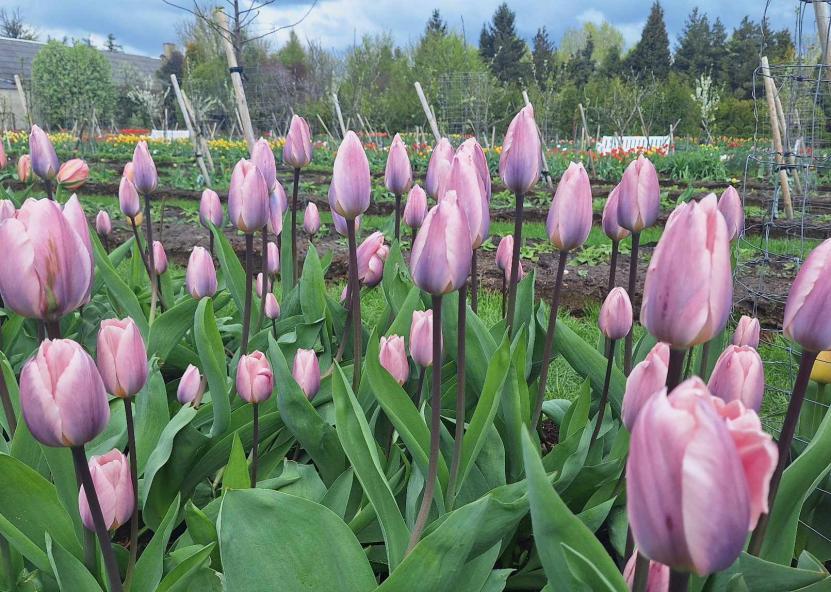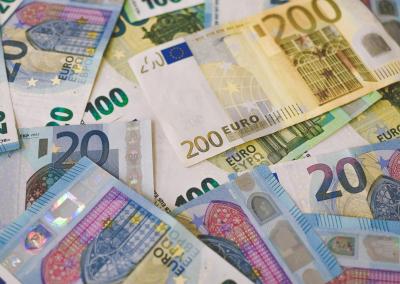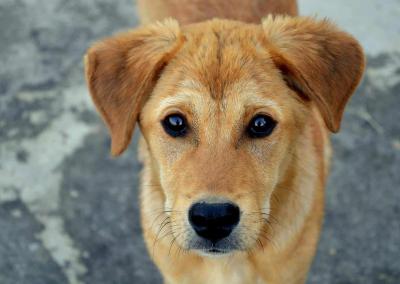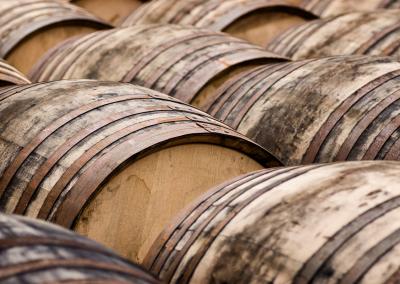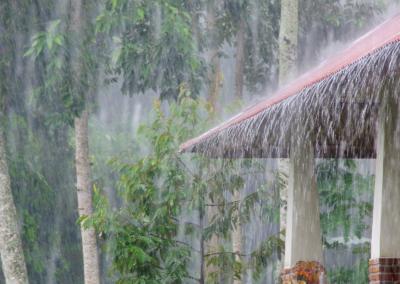The Dutch flower industry tackles the thorny problem of pesticides
At the world's largest flower market near Amsterdam, Margriet Mantingh looks at the rows of flowers that stretch as far as the eye can see and sees one giant bouquet of pesticides.
The Dutch have always been international leaders in floriculture, but the sector is coming under increasing scrutiny for the pesticides they spray on their fields.
Protecting their leadership is crucial for the Dutch to lead by example, as the industry is coming under increasing criticism, said Ms Mantingh, President of the Dutch anti-pesticide group PAN-NL.
Her organisation recently published a study which revealed that most bouquets sold in flower shops, supermarkets or online are stuffed with pesticides. Flowers are sprayed with a toxic cocktail that can cause cancer, affect hormones and reduce fertility.
„After testing 13 bouquets, we found 71 different pesticides, a third of which were substances banned in the European Union, Traces of insecticides and fungicides were found in the flowers – some of them are banned „because they are highly toxic to humans“, she stressed. „Other diseases“ The issue of pesticide-sprayed flowers hit the headlines in France after a little girl died of leukaemia linked to exposure to chemicals her mother, who worked in a flower shop while pregnant. French consumer group &bquo;UFC Que Choisir“ has also raised concerns about pesticide contamination of cut flowers and warned of the dangers for those selling flowers. In Aalsmeer, near the Dutch capital, dozens of workers ride electric scooters around the world's largest flower market. The „Royal FloraHolland“ group, based here, sells around nine billions of flowers a year and has an annual turnover of around €5.2 billion. Most of its production is exported, mainly to Germany, the UK and France. Dutch companies also import around three billion flowers annually from Africa, primarily from Ethiopia and Kenya, said „Royal FloraHolland“ spokesman Michel van Schie. Pesticide regulations are set by the country where the flowers are grown, he said, so different standards often apply. „Africa has different diseases than Europe. This means that different products are needed to combat these diseases," he said. The problem is that these flowers then end up on the European market, according to groups such as „UFC Que Choisir“ and PAN-NL. There are no laws in the European Union restricting the use of pesticides on cut flowers, 80% of which are imported from countries that still allow the use of highly toxic substances, said PAN-NL president Mantingh. While the EU has laws restricting the use of pesticides on fruit and vegetables, there is no such legislation for flowers, she stressed. „Perfect flowers“ The death of a young French woman has had repercussions in the Netherlands. The Dutch florists' association VBW, together with the Ministry of Agriculture, has urged its members to use gloves and always wash their hands after handling flowers delivered to their shops. From next year, „Royal FloraHolland“ will require growers to have a sustainability certificate to allow authorities to check the amount of pesticides used. „The French case is terrible, and even if we don't know exactly what happened, we have to make sure that things are always as safe as possible“, – said Marco Maasse, head of the VBW. He said that none of the bouquets sold in the Netherlands pose a danger to the public, „because they would simply not be allowed to be sold“. Both men and Margriet Mantingh agree on one thing: as a world leader, their country must lead by example. „We need a better understanding of what (pesticide) residues remain on the product when it comes from the grower or when it enters the Netherlands“, – said Maasse. „The whole chain could be improved from this point of view“, – he added. But in the end, according to Mr Van Schie, „customers want perfect flowers and plants– – even in winter.![]()



































































































